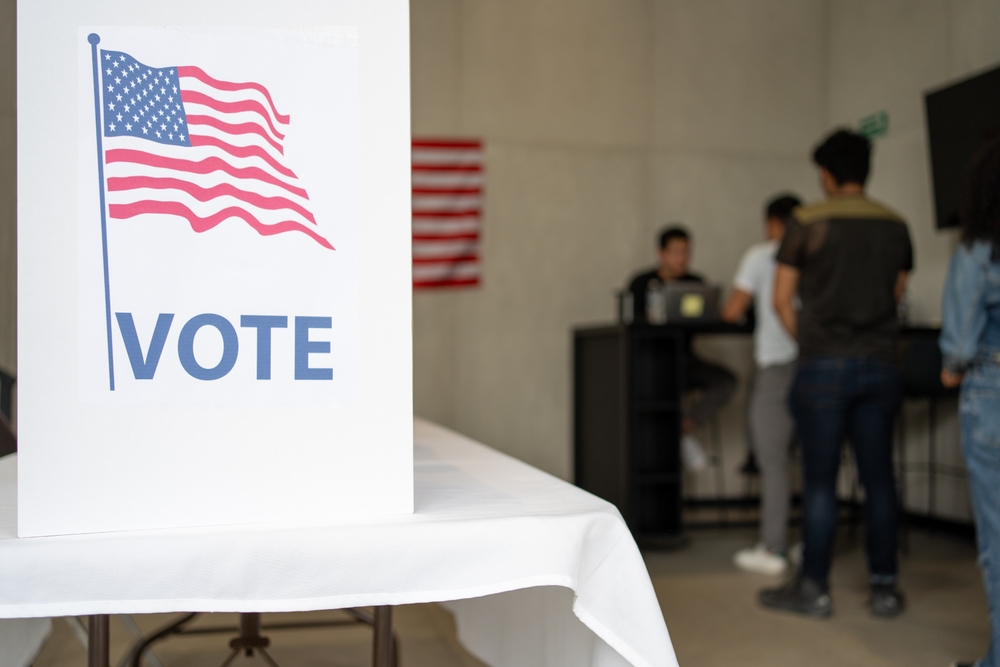Russia has invested nearly $10 million to engage American influencers.
Others are reading now
As the November presidential elections approach, the United States is grappling with a rising tide of disinformation fueled by hackers, fake websites, and artificial intelligence.
Russia Invested in Influencers
Government officials have heightened warnings about foreign interference, specifically pointing to Russia, China, and Iran as major players attempting to disrupt the electoral process, according to Digi24.
According to Axios, Russia has invested nearly $10 million to engage American influencers — some boasting millions of followers — to amplify divisions within the United States. The Department of Justice has confiscated 32 domains associated with these efforts, including sites that engage in “cybersquatting.”
These sites mimic legitimate news organizations like The Washington Post and Fox News, spreading false information to mislead the public.
Also read
Spamouflage and Disinformation
China is employing a strategy dubbed “Spamouflage,” which involves using fake or hacked accounts to pose as American citizens and promote anti-Western sentiment ahead of the elections.
A report from Graphika indicates that much of the political content being circulated is likely generated by artificial intelligence. Analysts suggest that China is more focused on influencing U.S. policy regarding Taiwan and undermining trust in American democracy than supporting any specific candidate.
Iran, acting independently, has already hacked individuals associated with Donald Trump’s campaign and attempted similar attacks on Biden and Harris’s teams.
The Iranian government, along with the Islamic Revolutionary Guard Corps, is actively promoting disinformation efforts. Reports from The New York Times reveal that Iranian agents have posed as students and provided financial assistance during recent protests in the U.S. related to the Israel-Gaza conflict.


